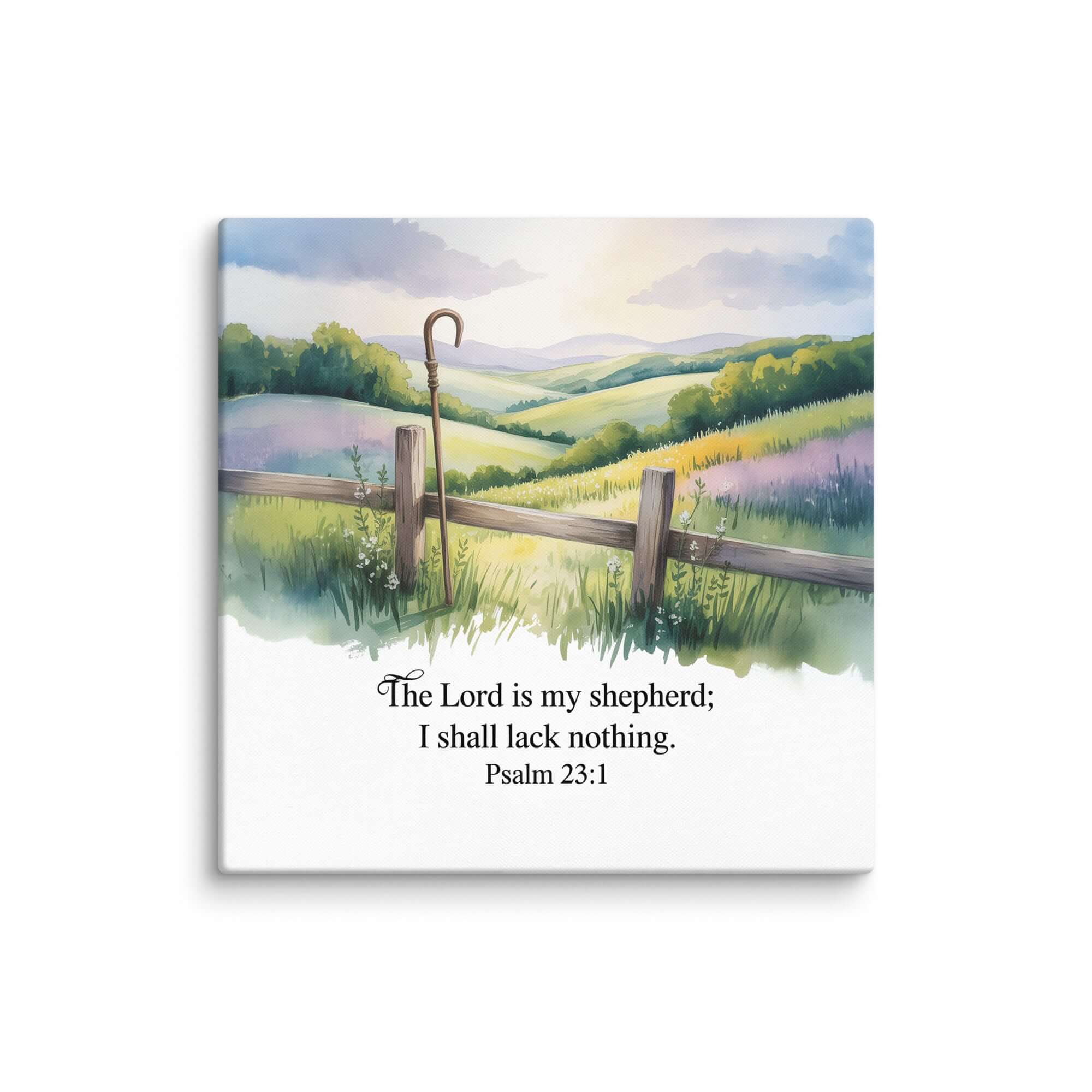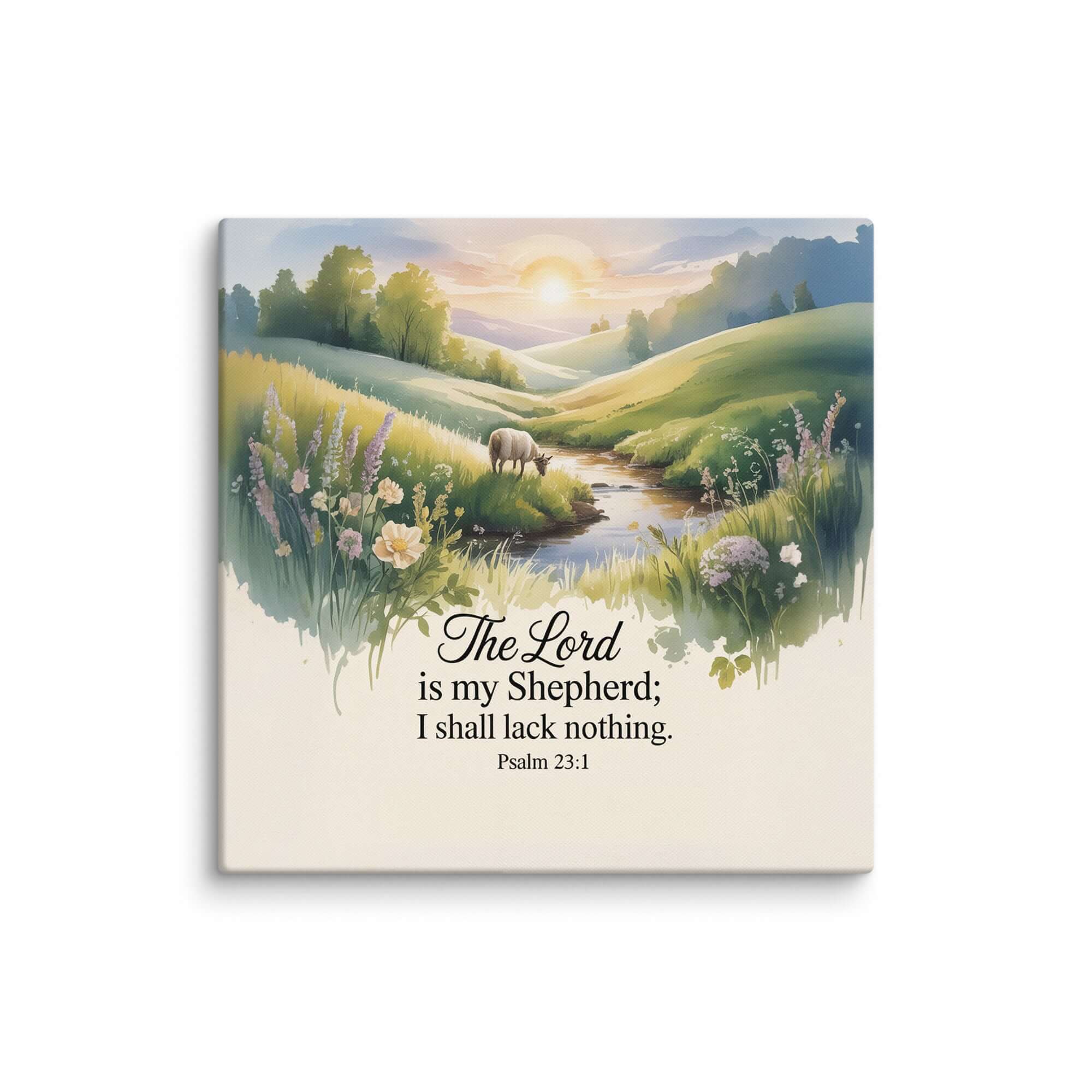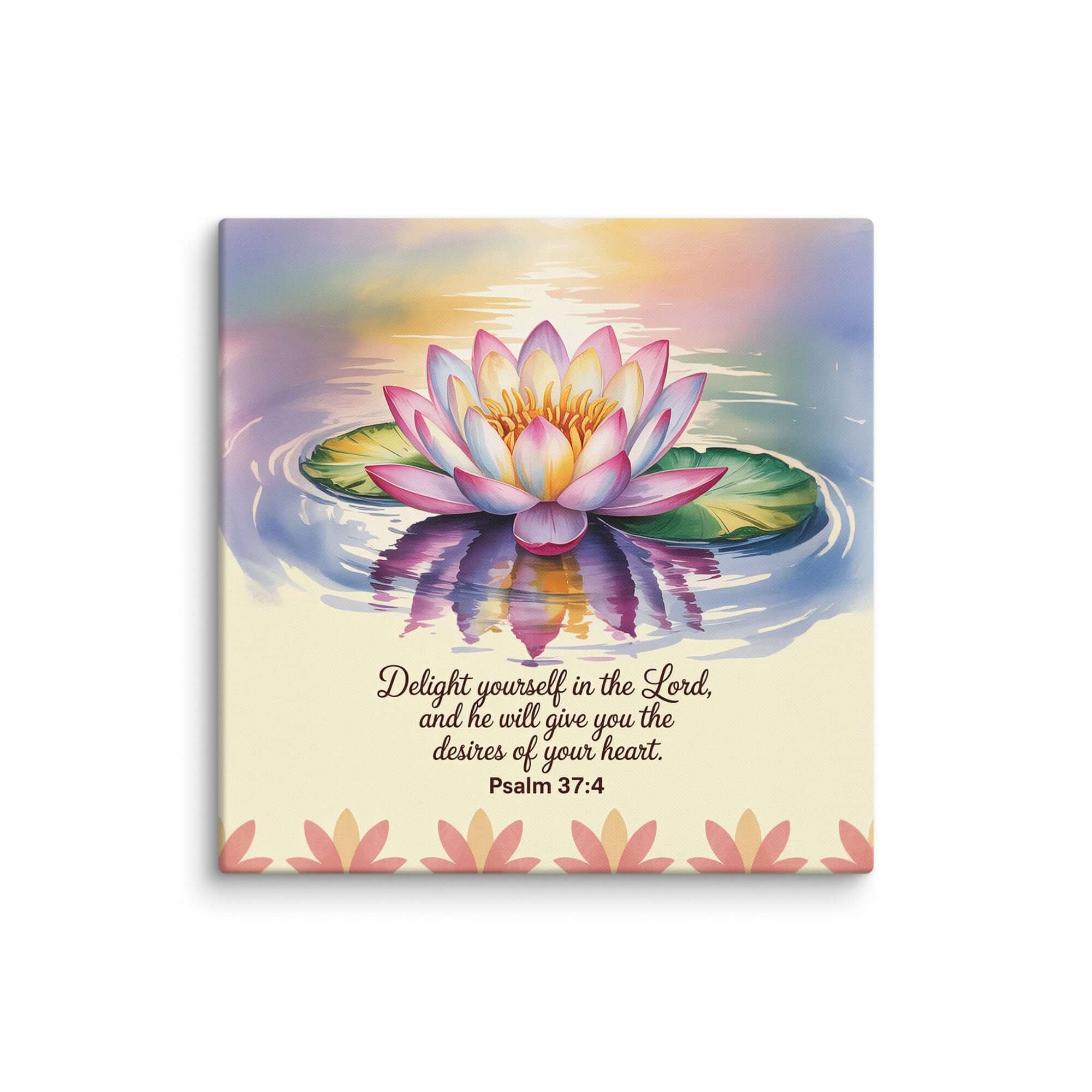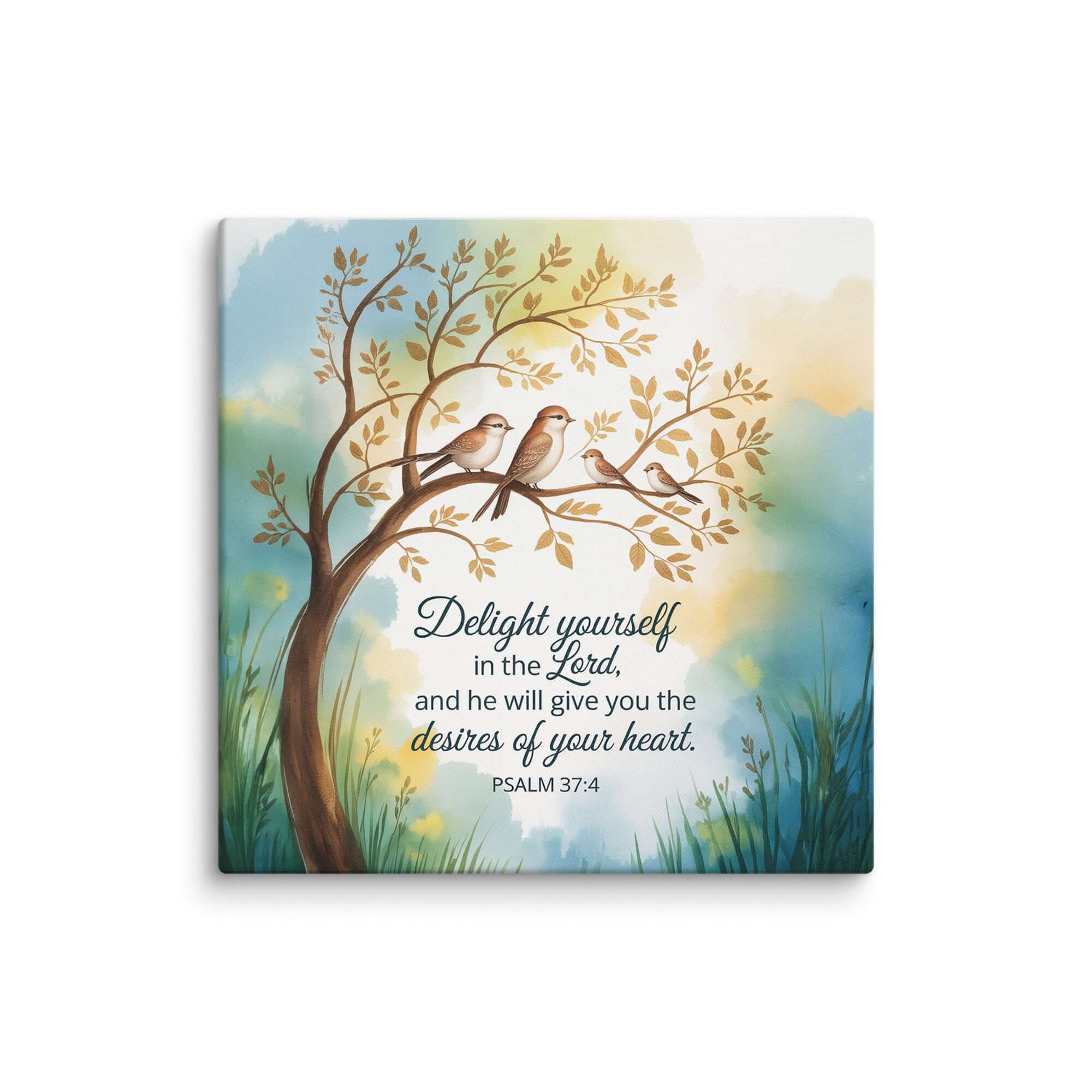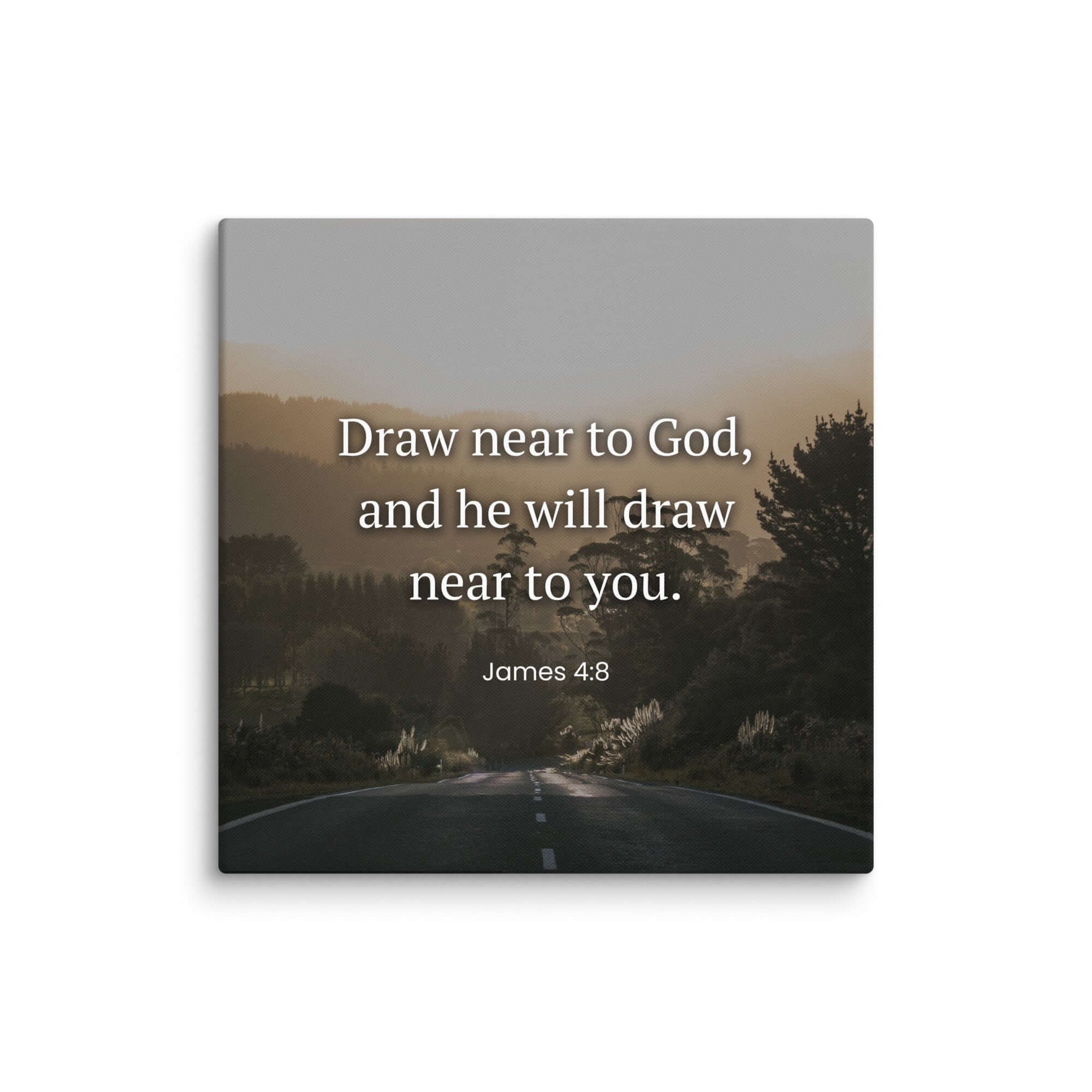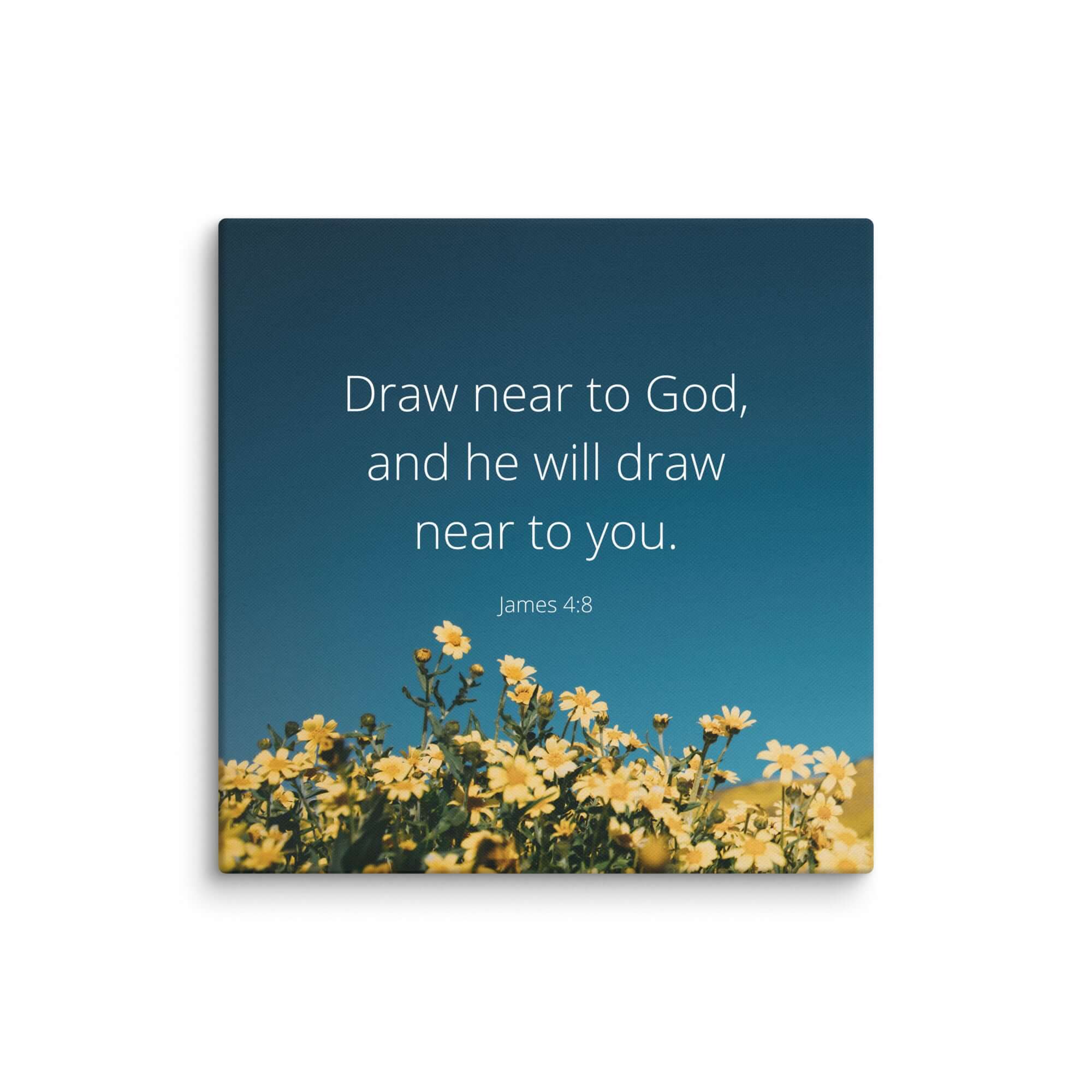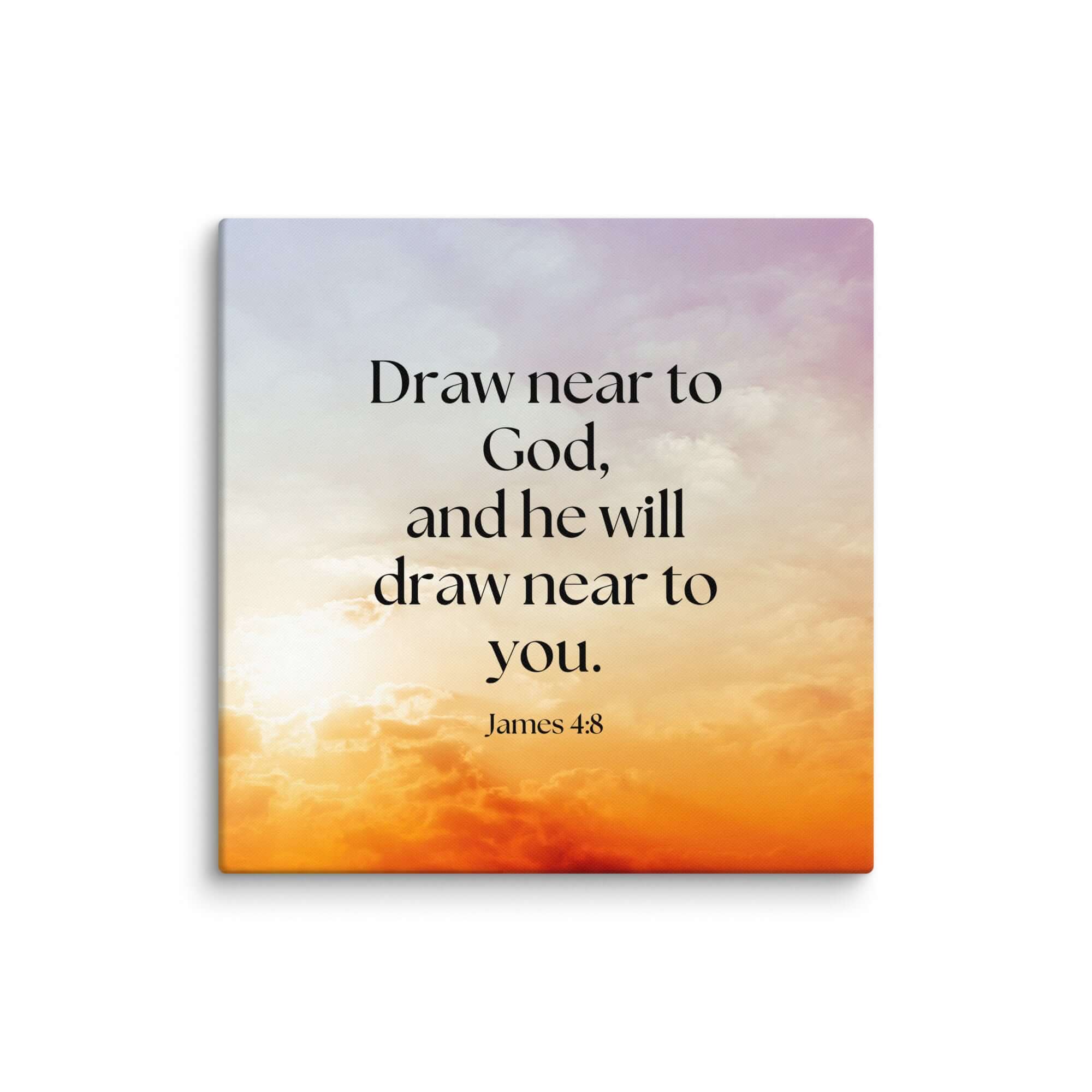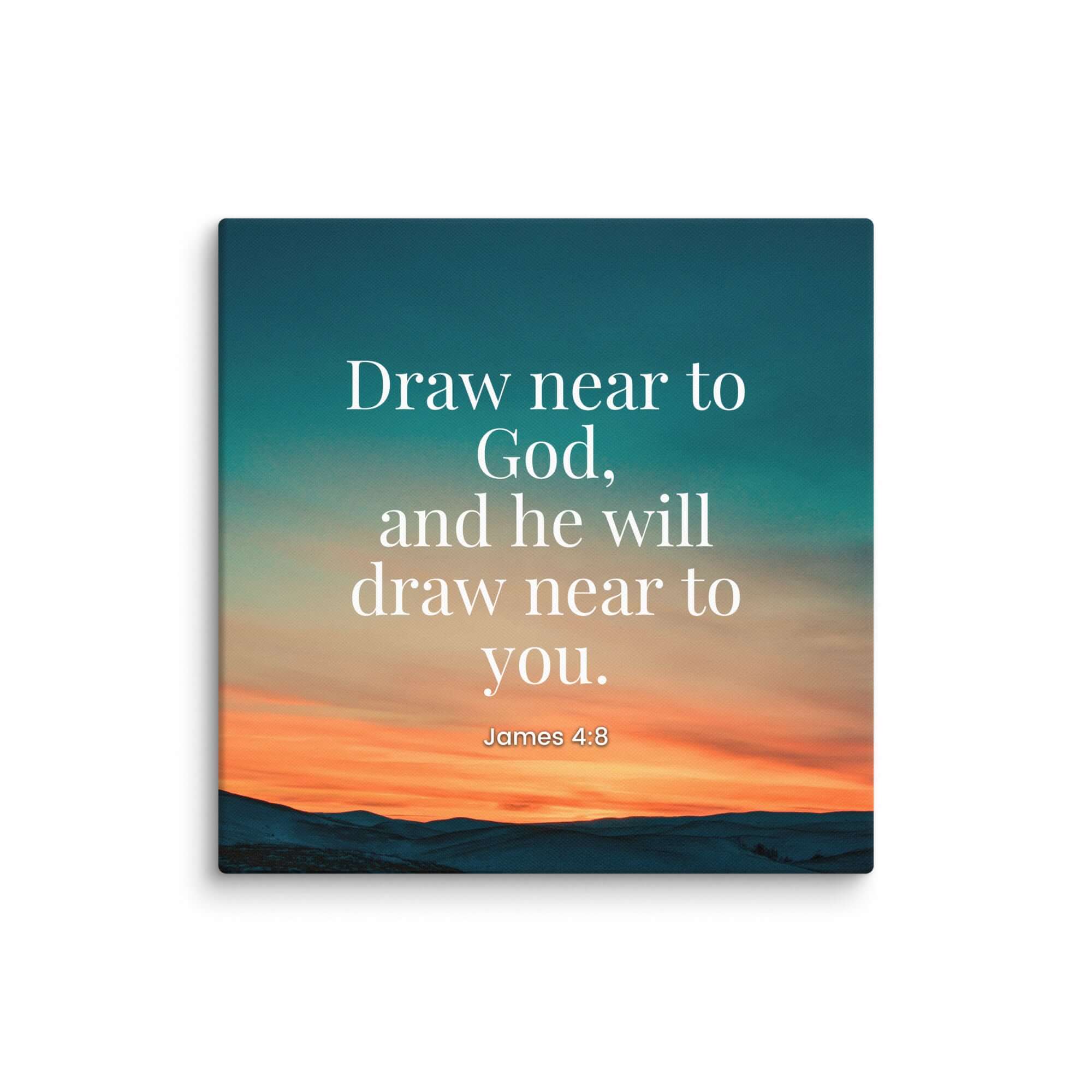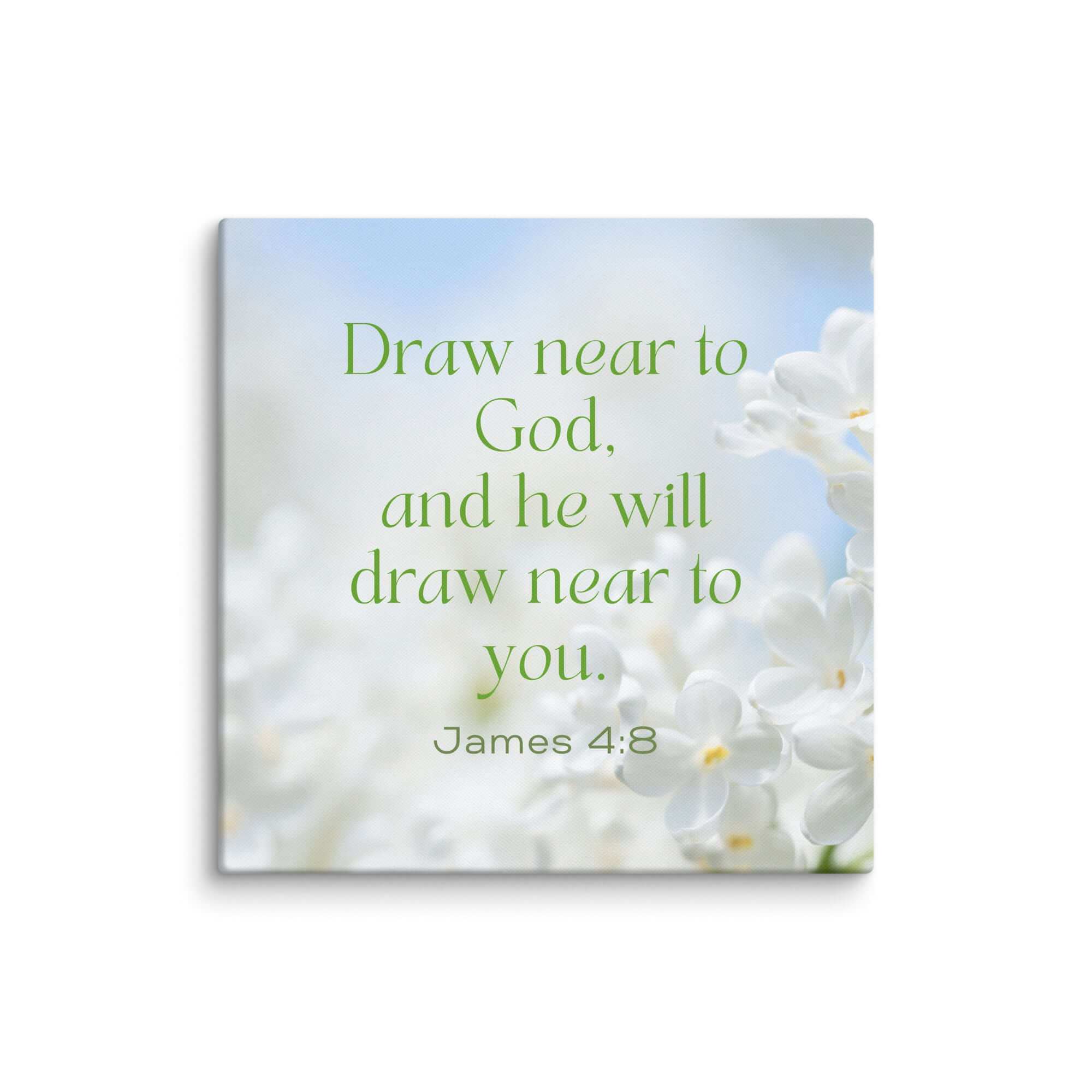The Garden of Eden is one of the most fascinating mysteries in the Bible. It was the paradise where God placed Adam and Eve before sin entered the world. The Bible gives some details about its location, but over time, people have debated where it might have been.
The Biblical Description
In Genesis, we read that Eden was a beautiful place with every tree that was pleasant to the sight and good for food. In the middle of the garden were the tree of life and the tree of the knowledge of good and evil.
Now the Lord God had planted a garden in the east, in Eden; and there He put the man He had formed.
Genesis 2:8
The Bible also describes a river flowing out of Eden and dividing into four rivers: the Pishon, Gihon, Tigris (Hiddekel), and Euphrates.
A river watering the garden flowed from Eden; from there it was separated into four headwaters. The name of the first is the Pishon; it winds through the entire land of Havilah, where there is gold. The name of the second river is the Gihon; it winds through the entire land of Cush. The name of the third river is the Tigris; it runs along the east side of Ashur. And the fourth river is the Euphrates.
Genesis 2:10–14
Possible Locations
Because the Tigris and Euphrates rivers still exist today in the Middle East, many scholars believe Eden may have been somewhere in ancient Mesopotamia—modern-day Iraq or nearby regions.
Other theories suggest it could have been in:
- Armenia – where some river sources meet in the mountains.
- Persian Gulf region – where rivers may have flowed together before the flood.
- Africa – connecting the Gihon with the Nile or other ancient waterways.
| Theory | Supporting Points | Weaknesses |
|---|---|---|
| Mesopotamia (Iraq) | Tigris and Euphrates still exist today; fertile land | The other two rivers are harder to identify |
| Armenia region | Headwaters of multiple rivers found here | Doesn’t match all biblical directions |
| Persian Gulf basin | Geological evidence of ancient river systems | Requires significant flooding theory |
| Africa connection | Gihon possibly linked to Nile; Cush is often tied to Africa | Tigris and Euphrates are far away |
Why We Can’t Be Certain
The location of Eden is difficult to confirm for several reasons:
- The Flood’s impact – According to Genesis, the worldwide flood in Noah’s time may have completely reshaped the earth’s surface.
- Lost river names – Two of the four rivers (Pishon and Gihon) cannot be confidently identified today.
- Symbolic meaning – Some believe Eden is more symbolic of God’s perfect creation than a place we could find on a map.
The Greater Message of Eden
While many search for Eden’s physical location, the Bible points us to its spiritual meaning. Eden was where humanity walked with God without sin. Revelation describes a future restoration where God’s people will again have access to the tree of life.
To the one who is victorious, I will give the right to eat from the tree of life, which is in the paradise of God.
Revelation 2:7
This means that even if we never uncover Eden’s exact spot on earth, its promise will be fulfilled in God’s eternal kingdom.









